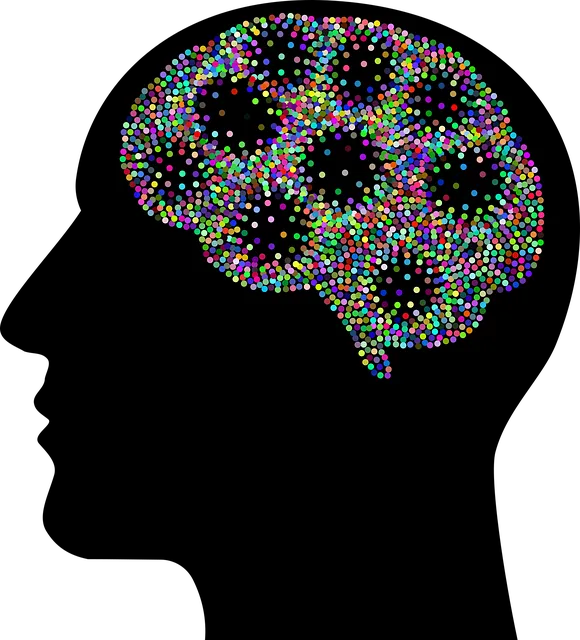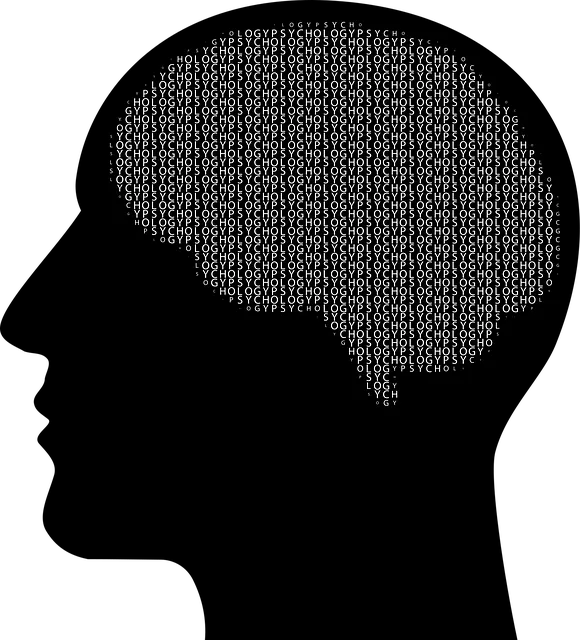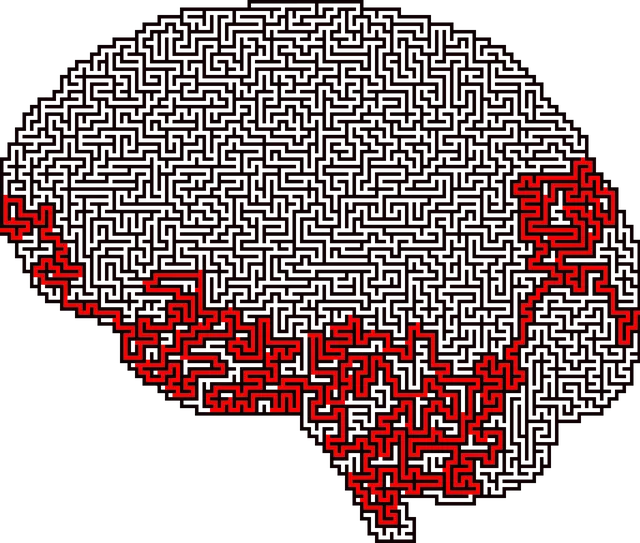The Northglenn Kaiser Permanente mental health facility is a leader in combating negative media portrayals of mental illness, which significantly impact public perceptions and deter treatment-seeking behaviors. They promote accurate and empathetic storytelling through collaborative initiatives, workshops, and risk assessments, challenging stereotypes and fostering a culture of compassion. By partnering with media and experts, they ensure stories reflect real-life experiences, humanizing mental health conditions and encouraging empathy. Community engagement and partnerships further support diverse populations, addressing cultural sensitivities and preventing professional burnout. This holistic approach aims to destigmatize mental illness discussions and empower individuals to seek help without judgment.
In today’s media-driven world, the representation of mental illness can significantly shape public perceptions. This article explores the impact of media portrayal and offers a solution through the lens of Northglenn Kaiser Permanente, a leading mental health facility. We delve into the current state of mental illness depiction, identifying stereotypes and misconceptions prevalent in popular media. By presenting strategies for accurate and empathetic representations, we emphasize the importance of community engagement to foster positive change, all while highlighting the innovative approaches implemented by Northglenn Kaiser Permanente.
- Understanding the Impact of Media Representation on Mental Health Perceptions
- The Current State: How Northglenn Kaiser Permanente Addressing Mental Illness Portrayal
- Identifying Stereotypes and Misconceptions in Popular Media
- Strategies for Promoting Accurate and Empathetic Mental Health Depictions
- Community Engagement: Empowering Positive Change Through Collaboration
Understanding the Impact of Media Representation on Mental Health Perceptions

The media plays a pivotal role in shaping public perceptions about mental health, significantly influencing how individuals from Northglenn and beyond view and understand various psychiatric conditions. Accurate and empathetic representation can foster public awareness campaigns that promote mental wellness and emotional well-being. Conversely, stereotypes and misconceptions perpetuated through media can lead to stigma, discrimination, and misinformed decisions regarding treatment-seeking behaviors.
A deliberate shift towards more nuanced storytelling in the media is essential for challenging existing narratives. Developing effective public awareness campaigns centered around mental health issues can help destigmatize conversations surrounding psychiatric disorders. By showcasing real-life experiences and promoting emotional well-being promotion techniques, the Northglenn Kaiser Permanente mental health facility and similar institutions can contribute to a broader understanding of mental illness, ultimately fostering a more supportive society.
The Current State: How Northglenn Kaiser Permanente Addressing Mental Illness Portrayal

In the current landscape of mental health awareness, Northglenn Kaiser Permanente stands as a beacon, actively addressing the critical issue of accurate mental illness representation in media. Recognizing the profound impact that media portrayal can have on public perception and understanding, this leading mental health facility has embarked on an initiative to promote nuanced and empathetic depictions of mental health struggles. Through collaborative efforts with industry experts, Northglenn Kaiser Permanente is fostering a culture where mental illness is met with compassion rather than stigma.
The organization offers innovative programs like Stress Management Workshops, designed to equip both individuals and professionals with tools for managing stress and promoting resilience. Moreover, they conduct thorough Risk Assessments for Mental Health Professionals, ensuring that practitioners are equipped to handle complex cases with the utmost care. By integrating these initiatives into their services, Northglenn Kaiser Permanente is not only challenging stereotypes but also empowering individuals to seek help without fear of judgment. Their commitment to Mental Health Awareness serves as a guiding light, inspiring others to represent mental illness in media with authenticity and sensitivity.
Identifying Stereotypes and Misconceptions in Popular Media

In popular media, mental illness is often portrayed through a lens of stereotype and misconception. The Northglenn Kaiser Permanente mental health facility has at times reflected these skewed perspectives, contributing to broader societal misunderstandings. Portrayals range from sensationalized and stigmatizing images to simplistic and one-dimensional characters. For instance, common stereotypes depict individuals with mental health conditions as unpredictable or violent, overlooking the complexity and diversity of lived experiences. Misconceptions about treatment and recovery are also prevalent, often oversimplifying processes that require nuanced understanding and individualized care.
These representations have significant implications, influencing public perception and shaping attitudes towards those seeking support at facilities like Northglenn Kaiser Permanente. Addressing these stereotypes and misconceptions through Mental Health Policy Analysis and Advocacy is crucial for fostering an environment of empathy and informed decision-making. Encouraging self-care routine development for better mental health and promoting trauma support services can further contribute to dismantling these harmful narratives. By challenging these stereotypes, media platforms and content creators can play a pivotal role in normalizing conversations around mental illness and encouraging individuals to seek necessary assistance at facilities dedicated to their well-being, such as Northglenn Kaiser Permanente.
Strategies for Promoting Accurate and Empathetic Mental Health Depictions

To promote accurate and empathetic mental health depictions in media, it is essential to involve experts from Northglenn Kaiser Permanente mental health facilities. Collaborating with professionals ensures stories are based on real-life experiences and symptoms, fostering understanding among audiences. This approach can dispel myths and reduce stigma surrounding mental illness. By integrating characters with diverse mental health journeys, media platforms can showcase the humanizing aspects of these conditions, encouraging empathy and support.
Additionally, incorporating practices like Mindfulness Meditation and Mood Management techniques into narratives can offer viewers practical coping skills development. Such strategies, when portrayed authentically, can empower individuals to recognize their own struggles and seek help. This nuanced representation moves beyond simplistic stereotypes, reflecting the complexity of mental health while inspiring positive changes in how society perceives and supports those affected.
Community Engagement: Empowering Positive Change Through Collaboration

In the fight against stigma and promoting positive mental health representations, community engagement plays a pivotal role. The Northglenn Kaiser Permanente mental health facility has recognized the power of collaboration to drive meaningful change. By fostering partnerships with local organizations, schools, and community leaders, they are creating a network of support that extends far beyond their walls. This approach ensures that education, awareness, and access to mental healthcare services reach diverse populations, addressing unique cultural sensitivities within the community.
Through these collaborative efforts, the facility aims to prevent burnout among mental health professionals by implementing effective risk management planning. By sharing resources, knowledge, and best practices, they can enhance cultural sensitivity in mental healthcare practice, ensuring that every individual receives care tailored to their specific needs and backgrounds. This holistic strategy not only empowers those struggling with mental illness but also equips healthcare providers with the tools to navigate complex cases, ultimately improving overall community well-being.
Media representation plays a pivotal role in shaping public perceptions about mental illness. By challenging stereotypes and misconceptions, as demonstrated by Northglenn Kaiser Permanente’s initiative, we can foster a more empathetic and accurate understanding of mental health. Implementing strategies for positive depiction, coupled with community engagement, has the potential to revolutionize how society views and supports individuals grappling with mental health issues. These efforts are crucial in promoting a healthier, more inclusive environment where everyone receives the care and respect they deserve.






